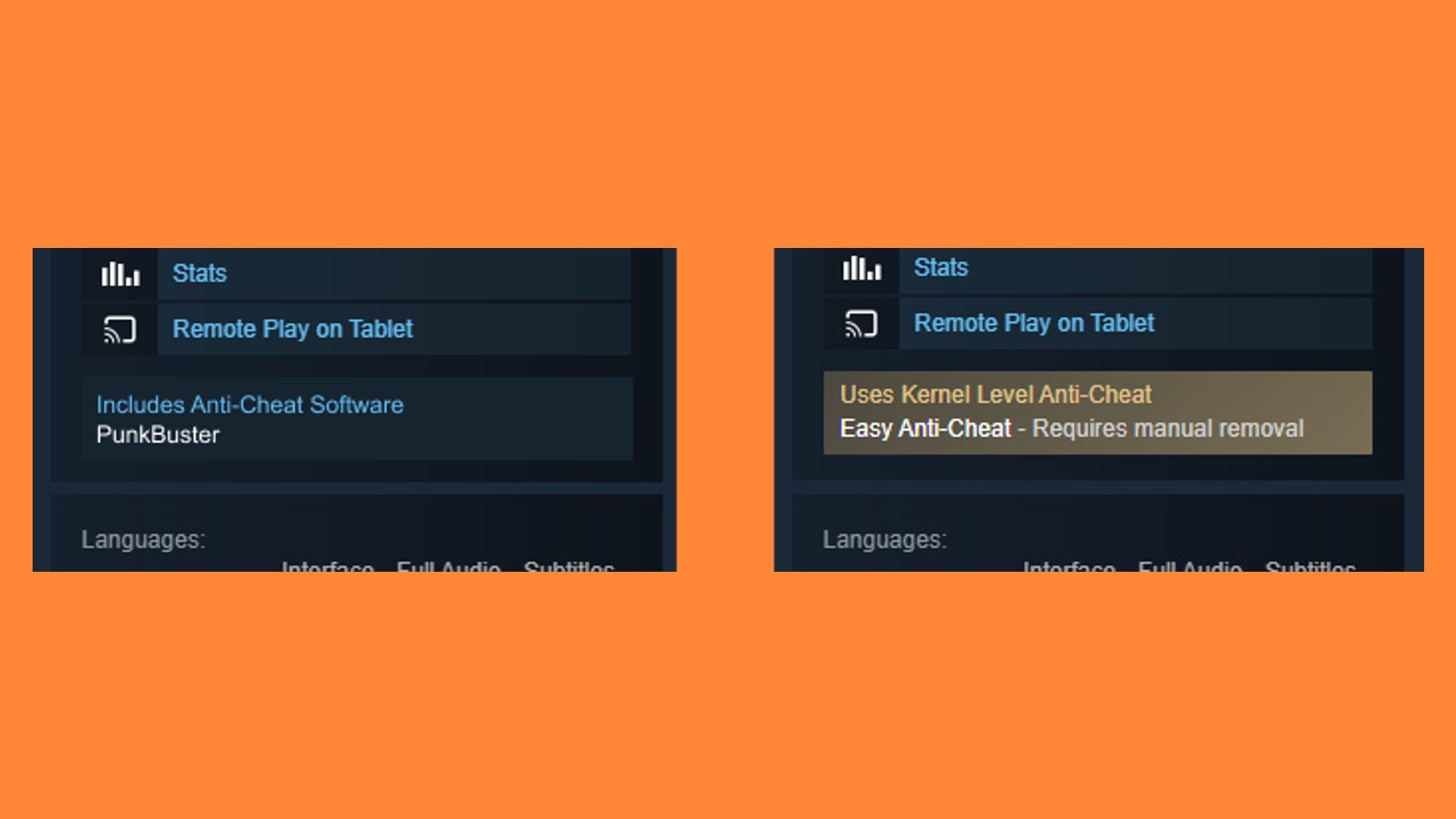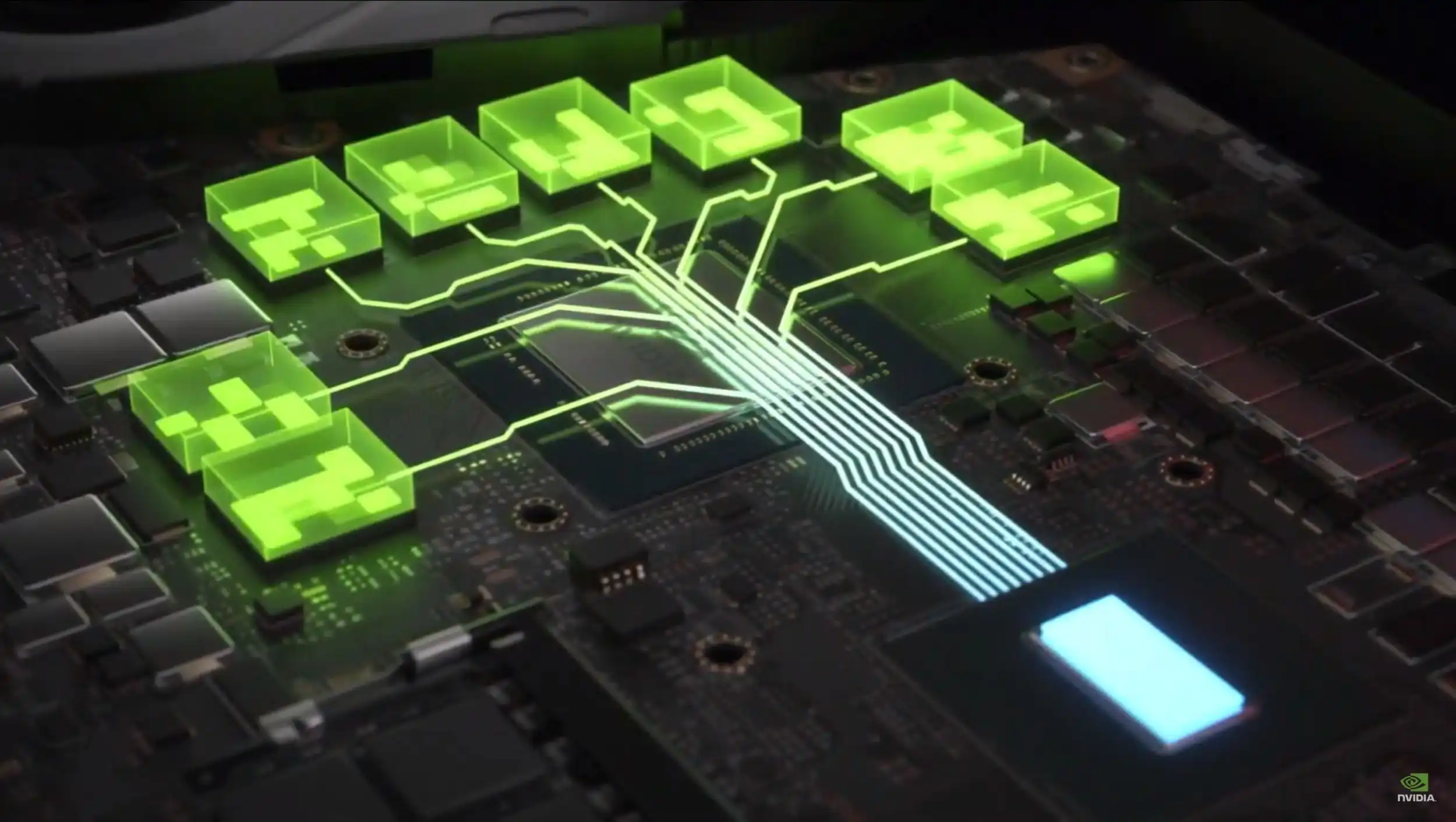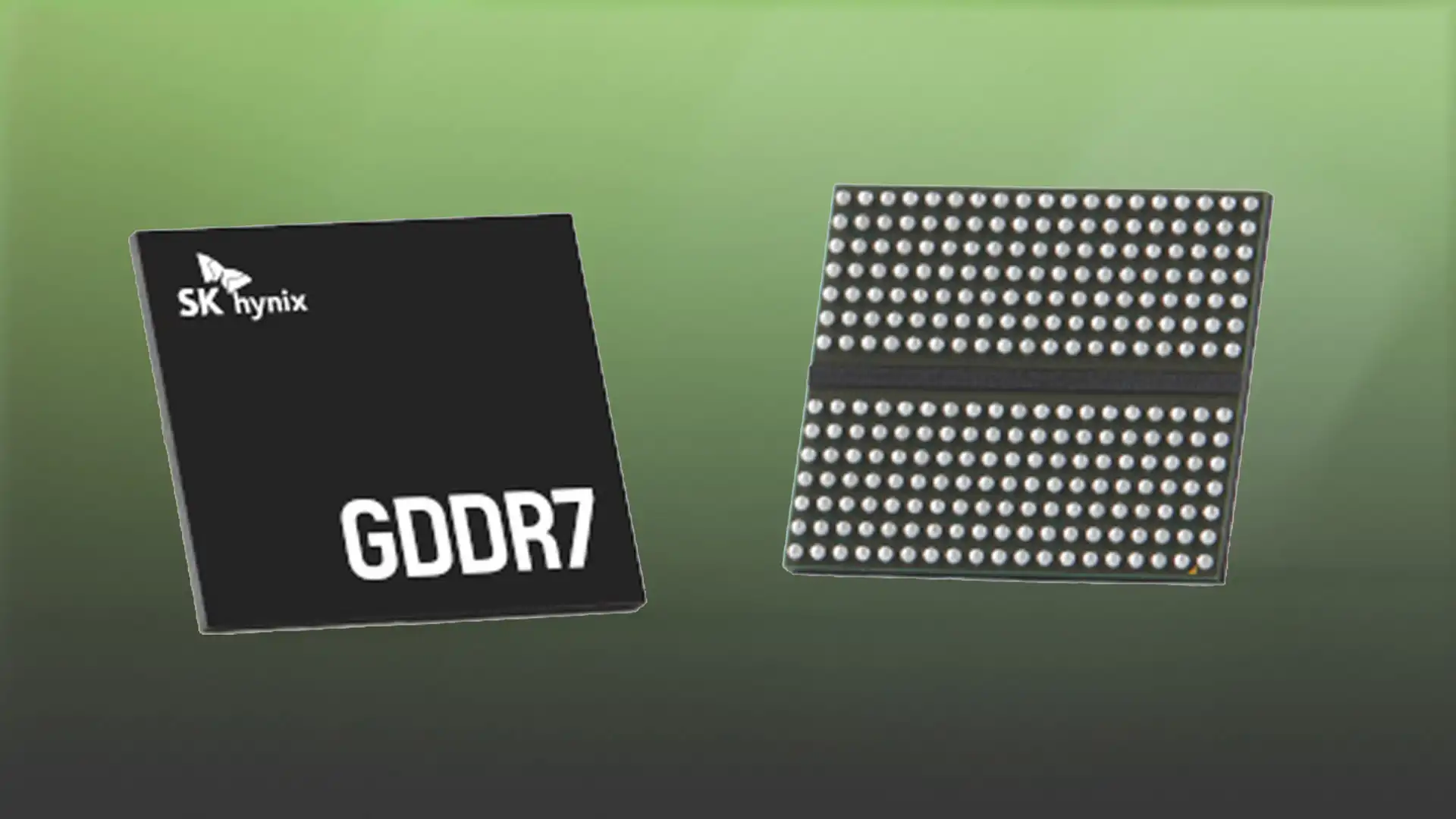
Kernel-level anti-cheat systems are among the most divisive tools in the gaming community today. Designed to crack down on cheating, these systems operate at a deep, administrative level within the PC, gaining high-level privileges to monitor and sometimes even block applications that could interfere with gameplay. While this approach effectively reduces cheating, it raises serious concerns among gamers. Many feel that such intrusive software oversteps, infringing on user control and potentially exposing their systems to unintended security risks. The kernel-level access required for these tools has been exploited by malware in the past, and some players worry about the effects on game performance, especially if development teams do not sufficiently test the software before release.
In an attempt to increase transparency, Steam has introduced a new policy that requires games using kernel-level anti-cheat software to clearly display this information on their store pages. As detailed in a recent Steamworks Development post and highlighted by Tom’s Hardware, Valve’s new rule mandates that developers provide this disclosure, though it’s not automated; developers need to submit the information themselves. While mandatory, this rule applies only to client-side anti-cheat solutions. Server-side anti-cheat systems, which monitor for cheating without requiring local client software, remain exempt from this disclosure.
Kernel-level anti-cheat software, while powerful, has its drawbacks. Alongside catching cheaters, it has been known to occasionally flag innocent players, leading to false account bans. And even with the best intentions, these systems add a layer of complexity that can be problematic if not adequately supported by developers. This complexity extends to potential security issues; kernel-level software is a common target for malicious actors due to its deep system access, making it crucial that developers are vigilant with updates and bug fixes. For many players, this level of access feels invasive, with concerns about system stability and performance further stoking their objections.
Steam’s requirement to disclose kernel-level anti-cheat is a step toward better transparency, reflecting a middle ground for gamers who want clarity on what’s running on their systems. Although controversial tools like Denuvo DRM and kernel-level anti-cheat aren’t going away, Valve’s move toward transparency allows players to make more informed decisions, giving them a chance to weigh security and privacy concerns before they buy.




